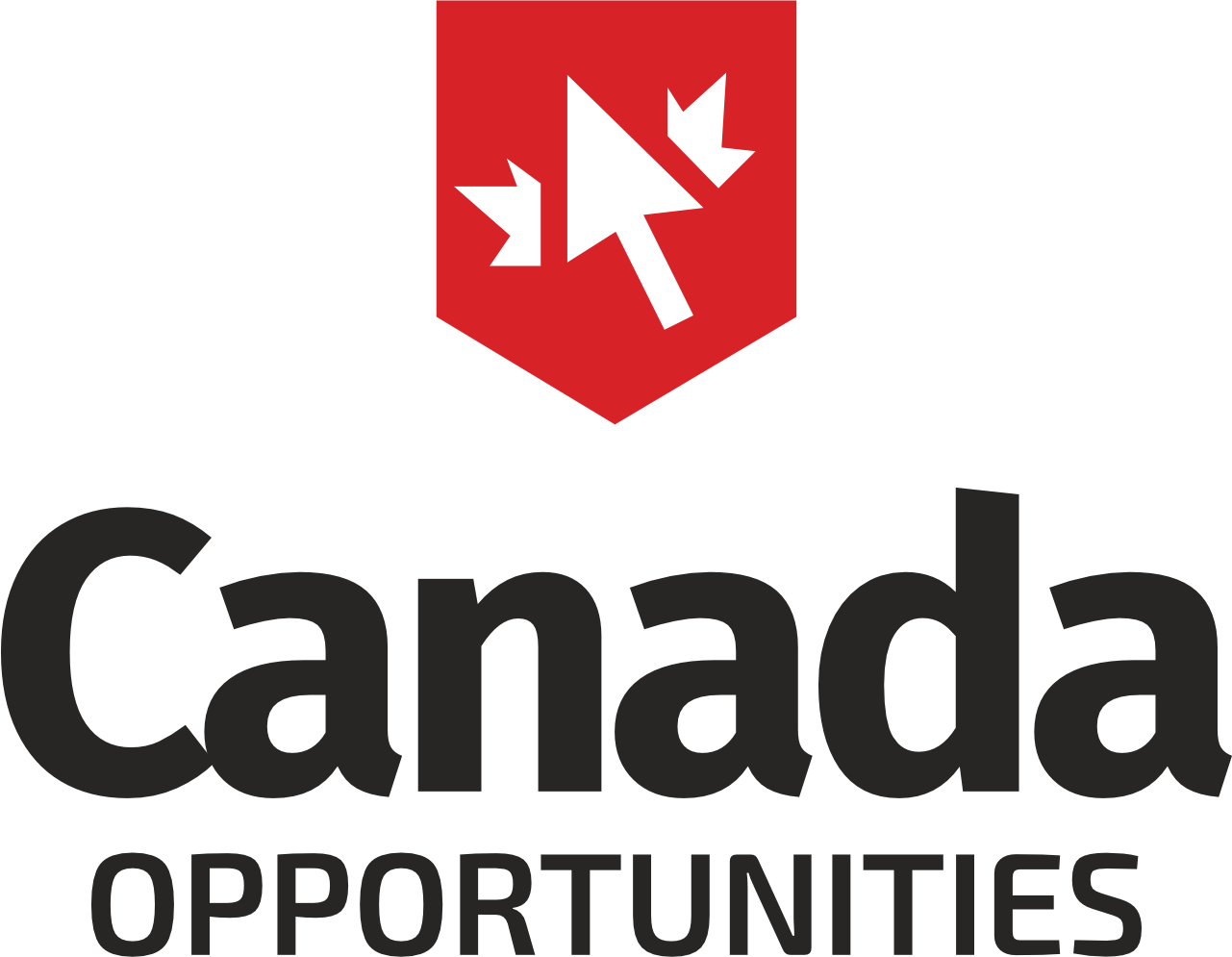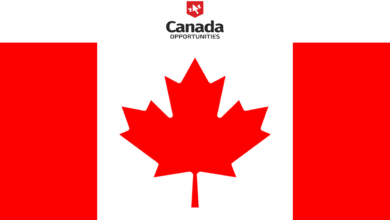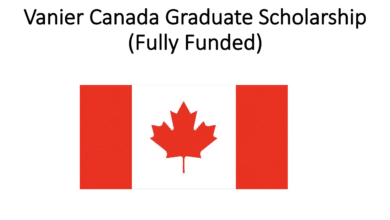Common Mistakes to Avoid when Applying for Canadian Permanent Residency (PR)
Mistakes to Avoid when Applying for Canadian Permanent Residency

Mistakes to Avoid when Applying for Canadian Permanent Residency
Are you thinking of applying for a Canadian Permanent Residency (PR)? If so then you must read through and know what to do and what not to do.
Or you have a friend or relative you know who is planning to apply for one? Perhaps sending the link to this article can save them – do so and help someone today.
Applying for a Canadian Permanent Residency (PR) in Canada can be a complex and lengthy process, but with the right preparation and support, you can increase your chances of success.
All you need to know about International English Language Testing System (IELTS)
Unfortunately, many applicants make common mistakes that can delay or even jeopardize their application. Here are some of the most common mistakes people make when applying for PR in Canada, and how to avoid them.
Common Mistakes to Avoid when Applying for Canadian Permanent Residency
Below are the most common mistakes people do when applying for a Canadian Permanent Residency.
1. Not Meeting Eligibility Requirements
Before you apply for PR in Canada, you must meet the eligibility requirements set out by the government. This includes factors such as age, language proficiency, education, and work experience.
Failing to meet these requirements can result in a rejected application, so it’s important to carefully review the eligibility criteria before you apply.
2. Failing to Provide Complete and Accurate Information
When you apply for PR in Canada, you must provide complete and accurate information about yourself, your family members, and your background. Failing to do so can result in a rejected application or, in some cases, a ban from entering Canada for several years.
Worth to note – It’s important to carefully review all the information you provide and ensure that it is accurate and up-to-date.
How to Successfully Apply for a Visit Visa for Canada – common mistakes to avoid
3. Not Submitting Required Documentation
When you apply for PR in Canada, you must provide a range of documents and evidence to support your application. This includes things like birth certificates, passport photos, and police certificates.
Failing to provide the required documentation can result in a delayed application or a rejected application. It’s important to carefully review the document checklist and ensure that you have everything you need before you submit your application.
4. Not Preparing for the Interview
In some cases, you may be required to attend an interview as part of the PR application process. This is your opportunity to provide more information about yourself and your background, and to answer any questions the immigration officer may have.
Failing to prepare for the interview can result in a rejected application, so it’s important to carefully research the questions you may be asked and to practice your answers ahead of time.
5. Failing to Disclose Criminal Convictions
If you have a criminal conviction, it is important to disclose this information when you apply for PR in Canada. Failing to do so can result in a rejected application or, in some cases, a ban from entering Canada for several years.
It is vital to carefully review your criminal history and to seek advice from an immigration lawyer if necessary.
HOW TO APPLY FOR CANADA STUDY VISA
6. Failing to disclose previous visa refusals
Failing to disclose previous visa refusals is a common mistake that can result in your permanent residency (PR) application being declined in Canada. Here’s why:
- Misrepresentation: Failure to disclose previous visa refusals is considered to be misrepresentation. This means that you are not being truthful about your past immigration history, which can result in severe consequences, including a ban from entering Canada.
- Lack of Trust: If you don’t disclose your previous visa refusals, it shows a lack of trust in the immigration process. This can make it difficult for the immigration authorities to trust you and approve your application.
- Evidence of Inadmissibility: Previous visa refusals can be evidence of inadmissibility, which means that you may not meet the requirements for PR in Canada. Failing to disclose this information can make it appear as though you are trying to hide something, which can result in your application being declined.
- Processing Delay: If you fail to disclose previous visa refusals, it can result in a delay in processing your application. The immigration authorities may need to gather additional information, which can take time and delay the processing of your application.
To avoid these consequences, it is important to be upfront and truthful about your past immigration history when applying for PR in Canada. If you have been refused a visa in the past, it is best to explain the circumstances and provide any relevant documentation to support your application.
This will help to build trust with the immigration authorities and increase your chances of success.
Best Job Search Websites for High-paying Jobs in Canada
7. Not Hiring a Qualified Immigration Lawyer
While it is possible to apply for PR in Canada on your own, hiring a qualified immigration lawyer can greatly increase your chances of success. An immigration lawyer can help you understand the PR process, provide guidance on the eligibility criteria, and help you avoid common mistakes.
However, if you choose this route it’s important to choose a qualified immigration lawyer who has a good track record and a good reputation.
Using an unlicensed immigration agent can have serious consequences when applying for permanent residency (PR) in Canada.
Here are a few reasons why using an unlicensed immigration agent is not recommended:
- Lack of Expertise: Unlicensed immigration agents may not have the necessary expertise and knowledge to guide you through the complex PR application process. They may not be up-to-date on the latest immigration laws and regulations, which can result in your application being declined or delayed.
- Misrepresentation: Unlicensed immigration agents may not have your best interests at heart and may engage in misrepresentation on your behalf. This can include providing false information on your application or forging documents, which can result in severe consequences for you, including being banned from entering Canada.
- Lack of Accountability: Unlicensed immigration agents are not accountable to any government or regulatory body, so if anything goes wrong, you have no recourse. You may be left with no assistance or support in resolving the issue.
- Higher Costs: Unlicensed immigration agents may charge significantly higher fees for their services compared to licensed immigration consultants. In some cases, they may ask for upfront payment without any guarantee of success.
- Unlawful Activities: In some cases, unlicensed immigration agents may engage in illegal activities, such as human trafficking, which can result in severe consequences for both you and the agent.
8. Not Being Prepared for Processing Delays:
The PR application process in Canada can be lengthy and processing times can vary depending on the type of application and the current backlog.
Failing to prepare for processing delays can result in added stress and frustration, so it’s important to be patient and to plan for the long-term.
NAVIGATING CANADIAN HEALTHCARE SYSTEM
Conclusion
Applying for PR in Canada can be a complex and lengthy process, but with the right preparation and support, you can increase your chances of success.
By avoiding these common mistakes, you can increase your chances of having a smooth and successful PR application process. Whether you are applying on your own or with the help of a qualified immigration lawyer, it’s important to be well-prepared, informed, and patient.
With determination and a positive attitude, you can achieve your dream of becoming a Permanent Resident in Canada.
FOLLOW OUR SOCIAL MEDIA CHANNELS
LINKEDIN, FACEBOOK, WHATSAPP, TELEGRAM, YOUTUBE
CHECK: Understanding the Canadian Education System and Opportunities for Education and Training
How to Apply for Work Permit in Canada – a Guide for Newcomers




